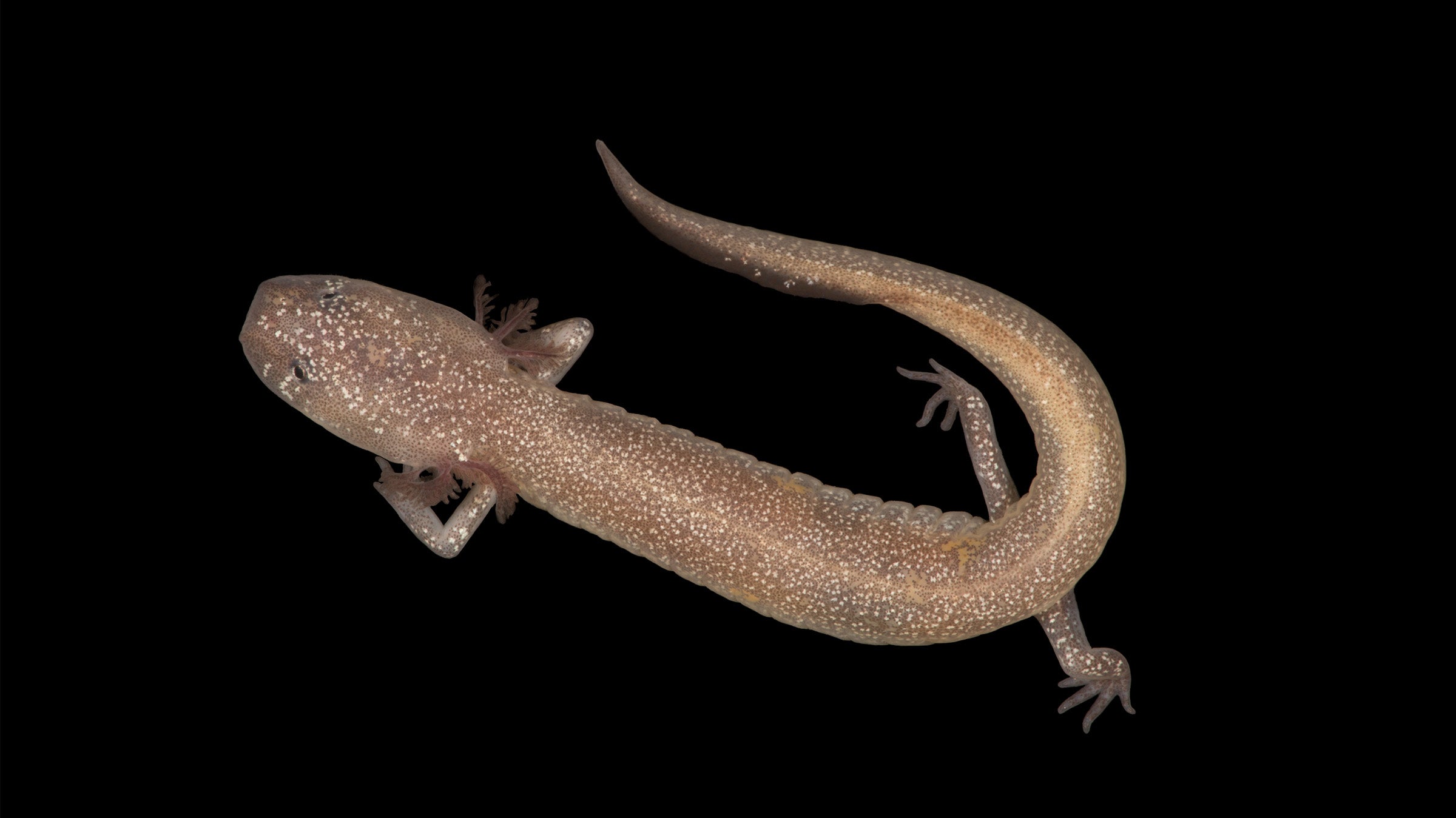News
Turtle Pond Offers Research Site for Undergraduates
A new long-running project allows undergraduate students to gain hands-on experience with ecological research in the heart of the UT Austin campus.

Philanthropic Gift Establishes Historic UT Commitment to Monitoring Texas’ Natural Resources
A transformative donation allows for the expansion of a Texas Field Station Network to study biodiversity and sustainability.









